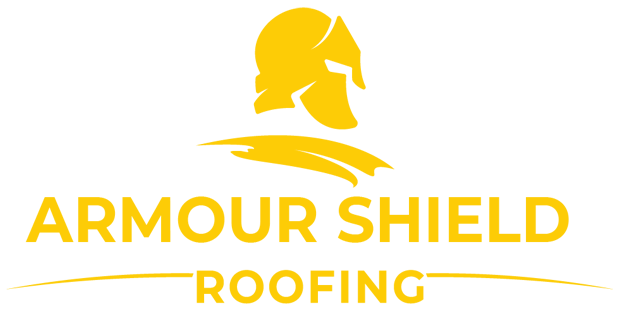Each roof represents a different challenge. See why it is important to choose a specialist when dealing with your shingle roofing projects
In the diverse landscape of roofing, the challenges for repairing, upgrading, or installing new ones go beyond the material used. Roofing companies specializing in one kind of roof, such as flat roofs, may find themselves navigating unfamiliar territory when faced with shingle installations. Let’s explore the differences between flat roofs and shingles and see why expertise in one doesn’t necessarily translate to proficiency in the other.
1. Material and Structural Variances
Flat roofs often involve materials like built-up roofing (BUR), modified bitumen, or single-ply membranes, each requiring specialized installation techniques. Shingles, with their varied materials such as asphalt, or fibreglass, demand a different approach due to their layered construction. Roofing companies used to the structural traits of flat roofs may not seamlessly transition to the layering skills required for shingle installations.

2. Waterproofing Techniques Used By Roofing Companies
Flat roofs, designed to be nearly level, emphasize waterproofing to prevent water ponding and infiltration. Roofing companies that specialize in flat roofs excel in techniques like torch-down applications and hot asphalt sealing. Shingle installations, with their emphasis on interlocking layers, require expertise in different waterproofing methods, which is why companies focused on flat roofs may not be prepared to get watertight seals with shingles done right.
3. Addressing Pitch and Drainage Distinctions
The flat nature of flat roofs requires careful consideration of pitch and drainage to prevent water accumulation. Shingles, designed for pitched roofs, rely on their sloping orientation for effective water shedding. Roofing companies dedicated to flat roofs may often not know the design principles required to ensure proper pitch and drainage for shingle installations.

4. Ventilation and Thermal Considerations
Flat roofs often demand specific ventilation strategies to mitigate issues like condensation and regulate temperatures. Shingles, with their pitched design, respond differently to ventilation and thermal considerations. Roofing companies specialized in flat roofs may not possess the expertise required to adapt ventilation and thermal solutions to the unique characteristics of shingle installations, making it less efficient that way and potentially leading to bigger energy costs in the future.
5. Roof Aesthetic and Design Preferences
Beyond the technical aspects, the aesthetic considerations for flat roofs differ from those of shingles. Flat roofs may offer a modern, minimalist appearance, while shingles provide a more diverse range of styles. Companies focused solely on flat roofs may not have the design expertise needed to get the right look and style that shingle installations can offer your home.
In conclusion, flat roof installation and shingle installation demands distinct skill sets and specialized knowledge. Roofing companies dedicated to flat roofs create beautiful roofs with that style, but may lack the versatility required to deal with shingle installations and reach their full potential in diversity of roof styles. Homeowners seeking shingle roofs should prioritize companies with proven expertise in shingle applications, ensuring a seamlessly executed roofing project.
Armour Shield Roofing strongly discourages homeowners from going up and down ladders or doing repairs on their roofs. The accidents and fatalities sustained by untrained individuals are tragic and avoidable by calling a professional roofing contractor.

